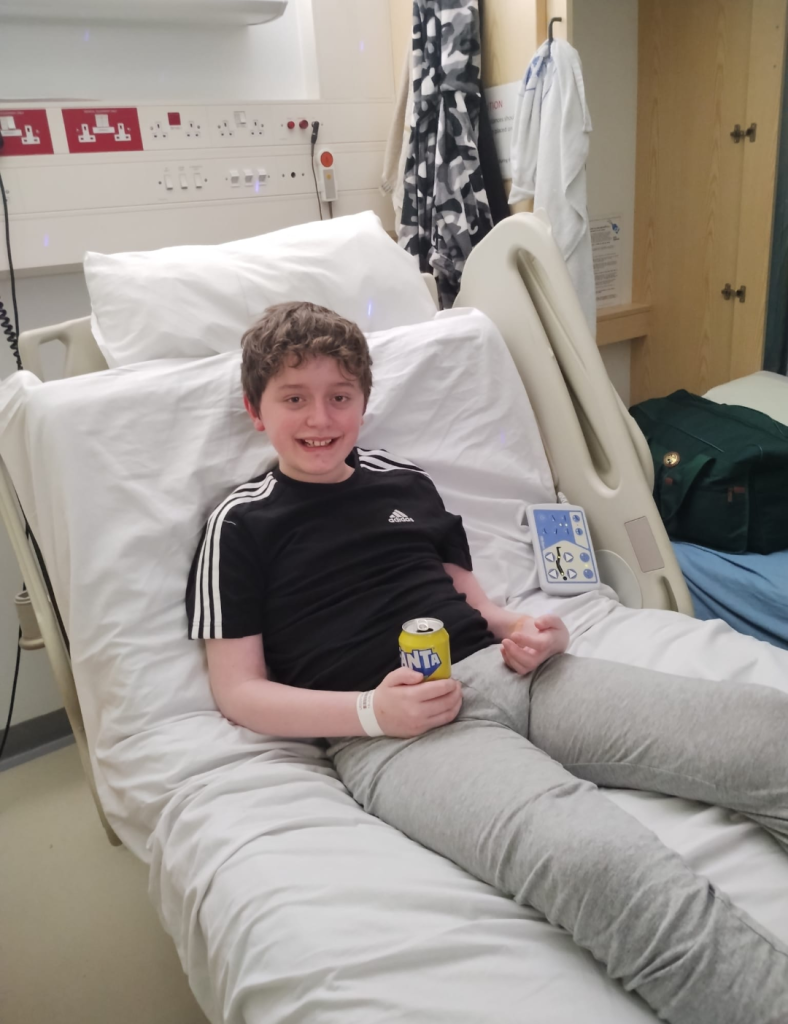14-year-old ALS patient supports research trial aiming to find new treatment
30 September 2025 - A clinical trial investigating a potential treatment for a rare form of amyotrophic lateral sclerosis (ALS) has enrolled its youngest patient at the King’s Motor Neurone Disease (MND) Care and Research Centre at King’s College Hospital in London.

ALS is the most common type of MND. This condition causes muscle weakness that gets worse over time, and is invariably life-shortening. Currently there is no cure for MND. King’s MND Care and Research Centre was the first specialist centre for MND / ALS to have been established in the UK, and is a partnership between King’s College Hospital NHS Foundation Trust and King’s College London.
King’s is the only UK site participating in the FUSION trial, which, since 2021, has been recruiting patients with a specific genetic form of ALS caused by mutations in the fused in sarcoma (FUS) gene. The trial is investigating whether the drug, ulefnersen, (formerly ION363) could slow or halt disease progression in patients with FUS-ALS. Trial participants receive the drug, or a placebo, every three months via lumbar puncture.
Although FUS-ALS is very rare, it is the most common cause of ALS in childhood and early adulthood, and it is one of the most aggressive forms of the condition.
Fourteen-year-old Kyle Sieniawski, from Pontypridd in Wales, is believed to be the youngest person in the UK living with ALS. He is also supporting the trial as a research participant at the NIHR King’s Clinical Research Facility, and hopes the results will have a positive outcome.
Melanie Sieniawski, Kyle’s mother, explained: “Kyle was so happy to be given the chance to be part of this trial, and we’re keeping everything crossed that it helps him, and hopefully others living with ALS. There’s so much we don’t yet understand about this condition, and research is our biggest hope for the future.”
Dr James Bashford, Honorary Consultant Neurologist at King’s College Hospital NHS Foundation Trust, explained: “Currently, there are very limited treatment options for patients with ALS, which is why this area of research is so important. We are incredibly grateful to Kyle and all our research participants who are supporting our work. We hope the results of this trial will lead us to an effective treatment for this devastating form of ALS, potentially helping people all over the world to manage their symptoms and maintain their independence for longer.”
